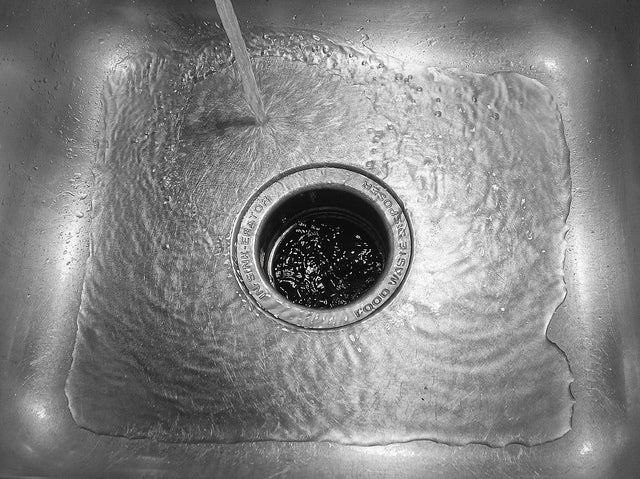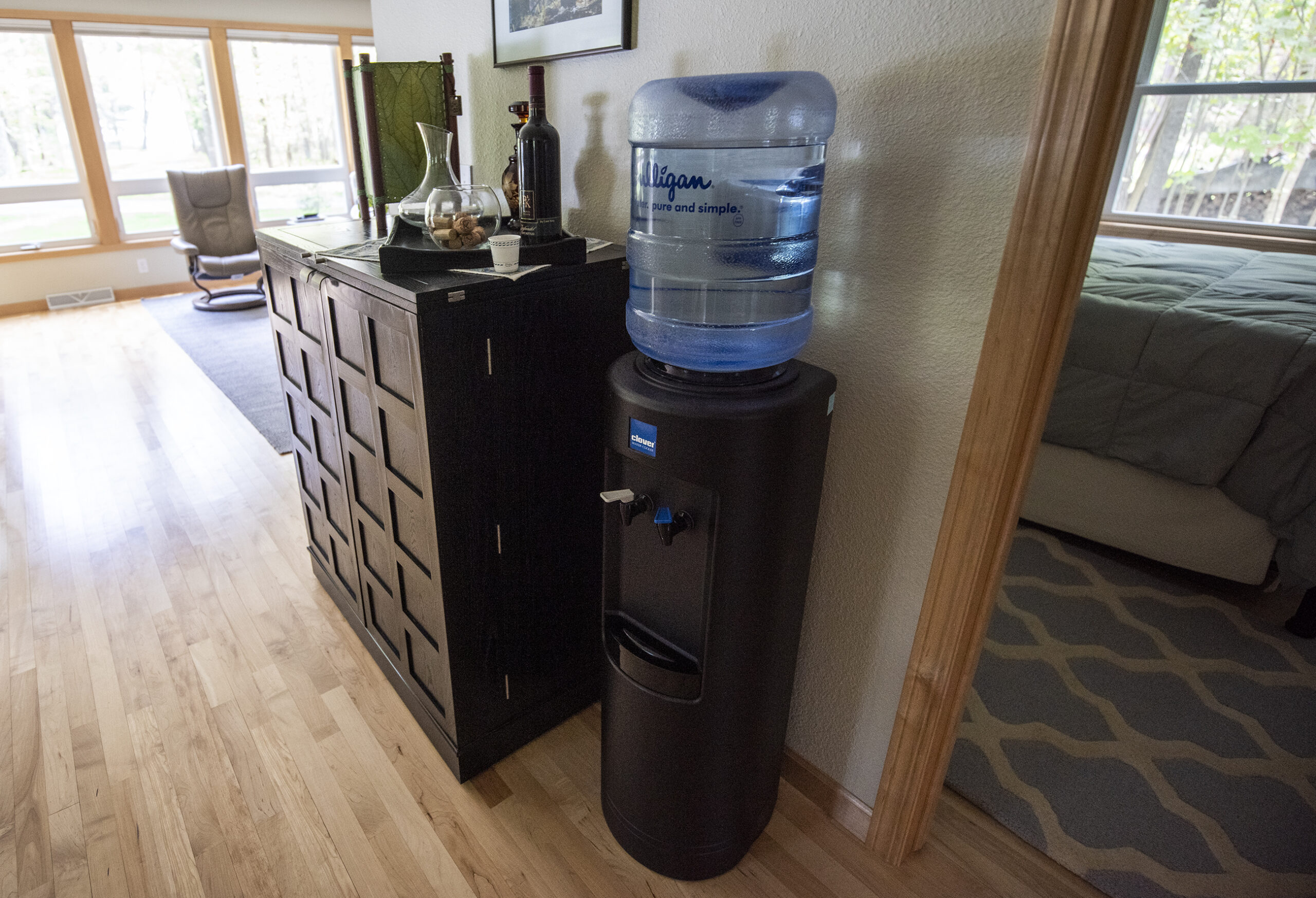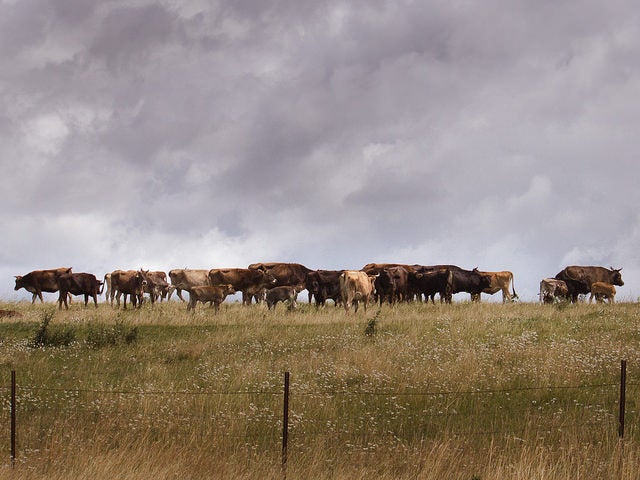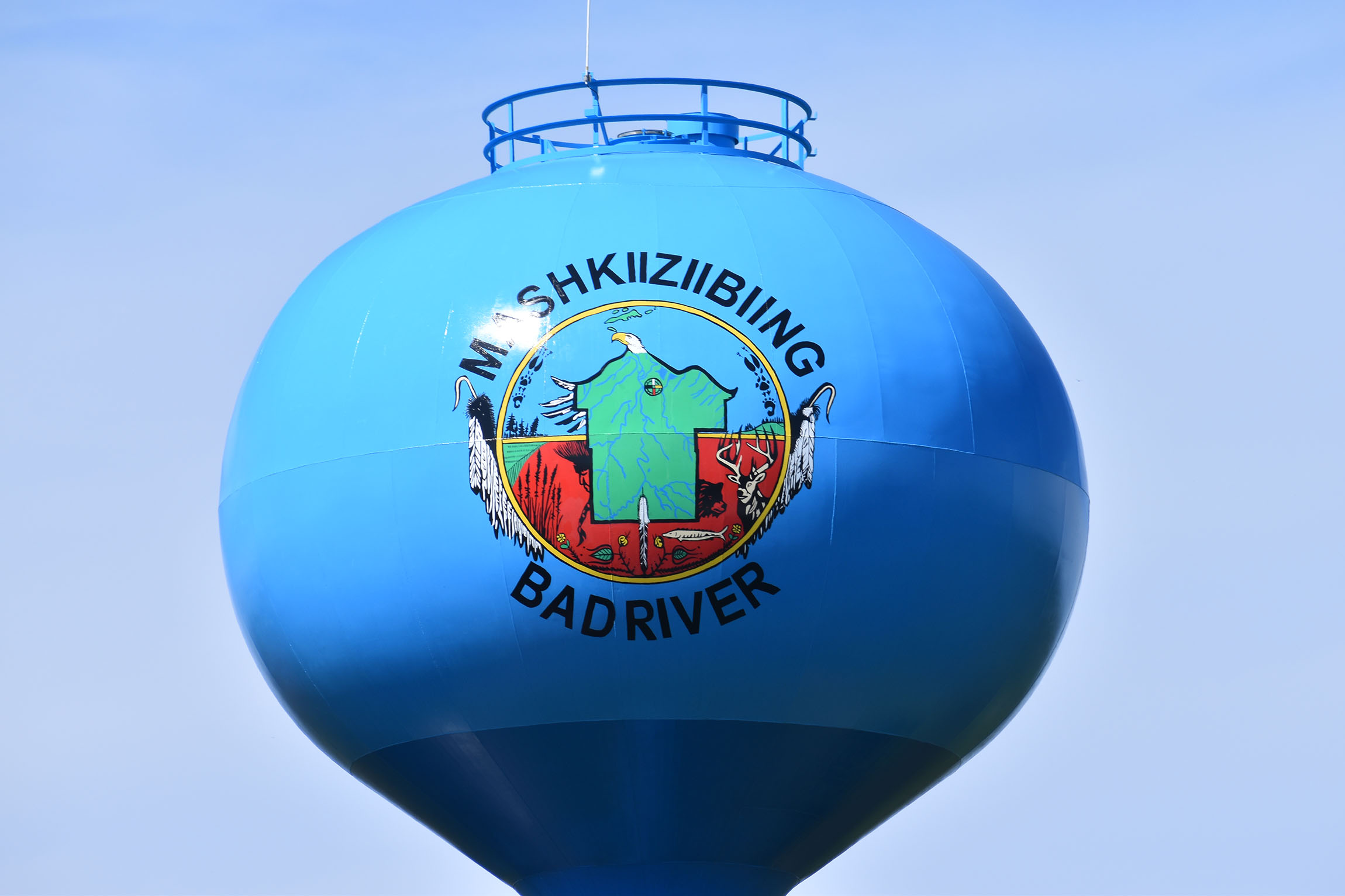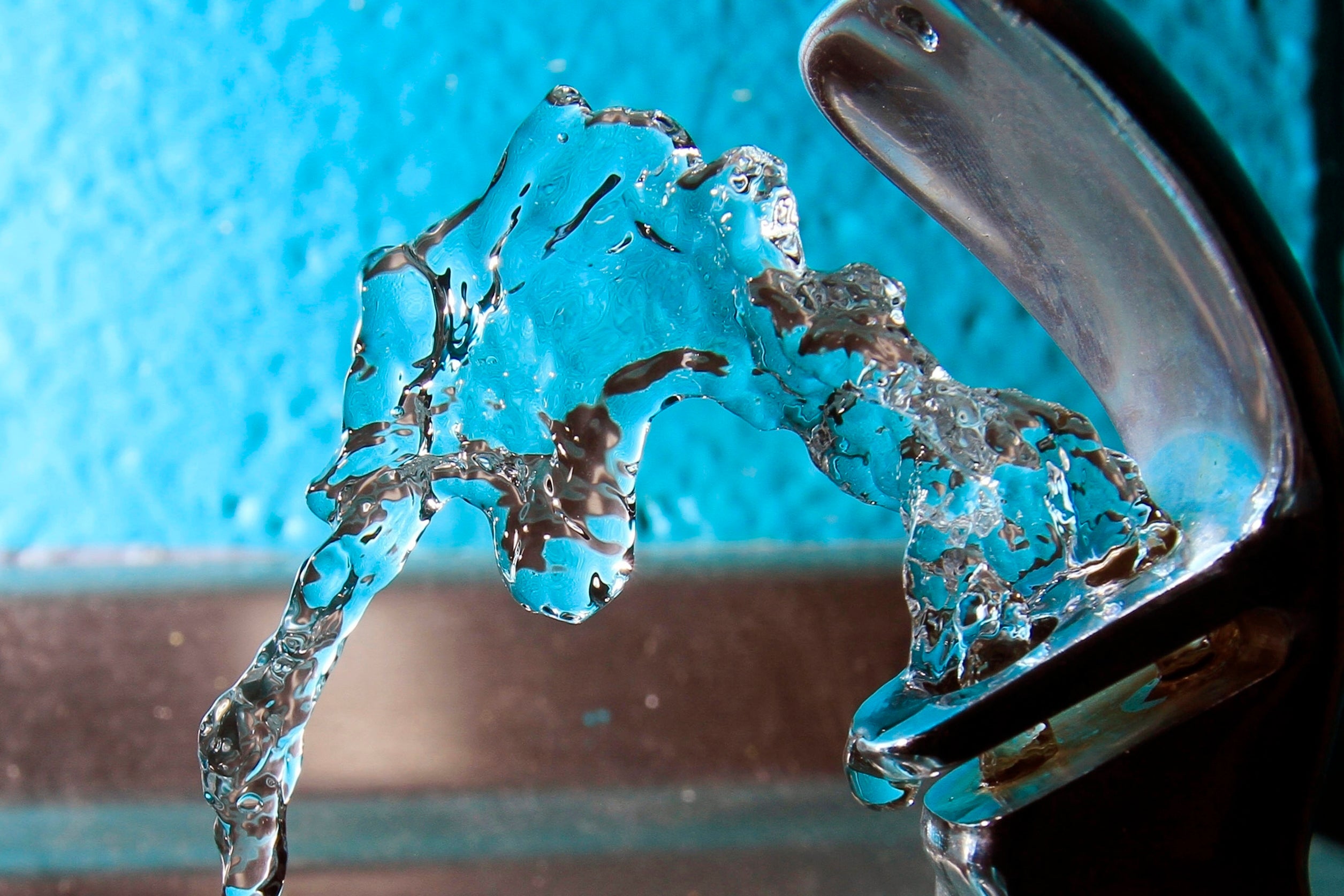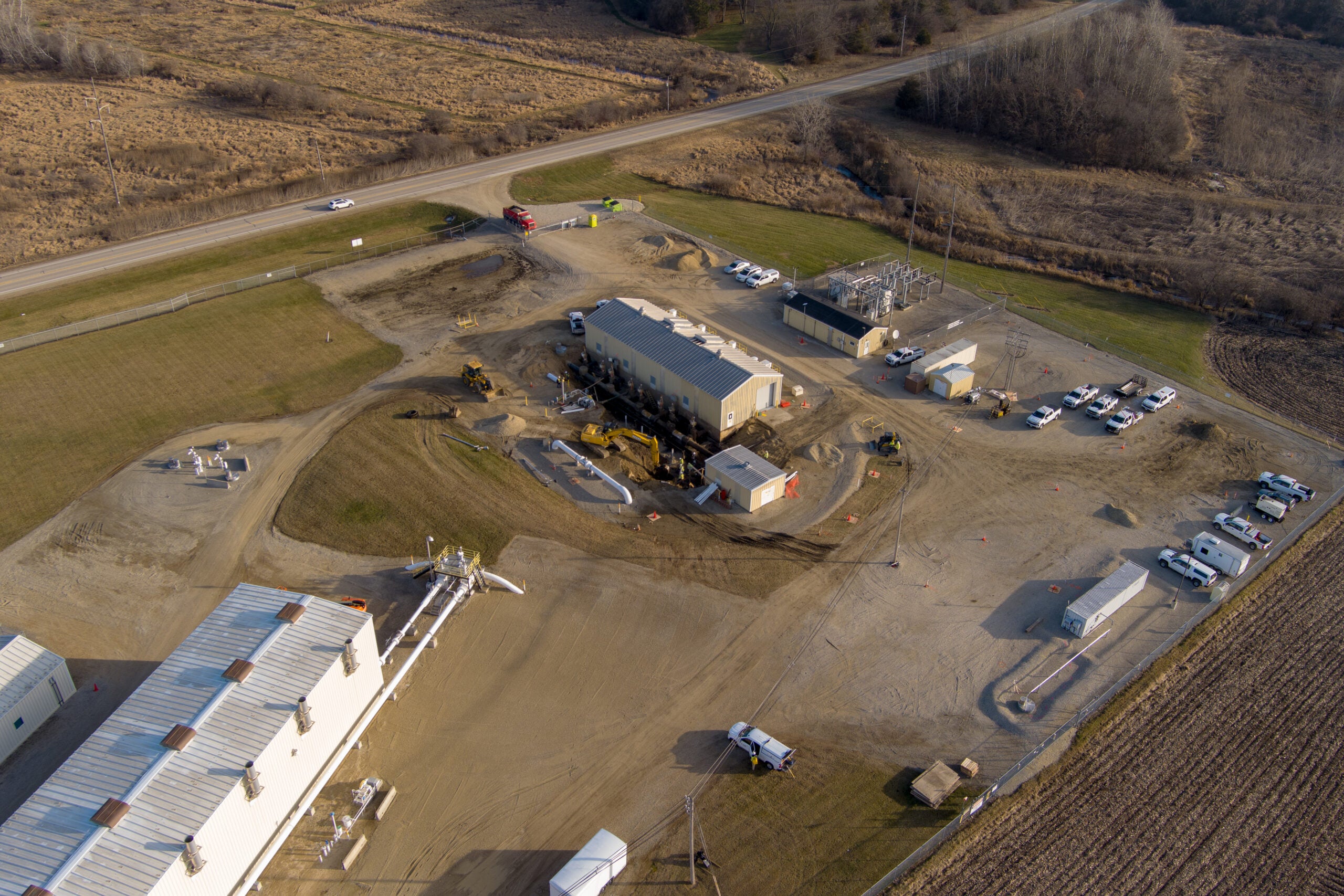A bill recently introduced in the state Legislature would make sure county health officials know about groundwater contamination in their area.
The Water Pollution Notification Act would require the state Department of Natural Resources to notify a county government within seven business days of a water quality issue discovered through the Wisconsin Pollutant Discharge Elimination System. The system issues permits to facilities discharging wastewater, like municipal waste facilities, industrial facilities and concentrated animal feeding operations, or CAFOS.
The bill would also require the DNR to create a notification system for county health departments, county land conservation departments and residents who sign up for alerts of water standard violations.
Stay informed on the latest news
Sign up for WPR’s email newsletter.
The measure comes after La Crosse county officials struggled to get information about a local CAFO that had been violating water quality standards for years.
Jen Rombalski, director of the La Crosse County Health Department, said the county learned about the problems through a Legislative Audit Bureau report in 2016. And she said the county board chair had to file an open records request to receive details of the violations after the DNR failed to respond to their initial request for information.
After testing 540 private wells in the area, the county health department found 30 percent of tested wells exceeded federal standards for nitrates, a compound linked to a variety of health problems.
“That is sort of the process in place that hasn’t been working and we need to have assurance that there’s a better process,” Rombalski said. “We make decisions based upon the best information that we have available at any point. So there cannot be a decision made to notify the public if we’re not aware of a problem.”
State Rep. Jill Billings, D-La Crosse, is an author of the bill. She said she worked with the DNR and Rombalski to come up with the notification system.
“We want to make sure that we set up something that worked for (the DNR) with their budget and with the number of employees that they have working there now. And so this was a system that we could all agree on that would make sure that people could get notifications if they signed up for them so that more people would be aware if there were possible pollutants in their water,” Billings said.
She said the bill doesn’t add regulations for permit holders, nor does it punish those who violate water standards.
“I understand that there are challenges for farmers right now. I know that farmers have kids that drink water so they want clean water too. So the intent of this legislation is not to go after farmers,” Billings said. “It simply says that if there’s an issue with a testing well, that the people who are around that testing well, who live there, who drink water, who have private wells nearby, have notification so that they can test their wells and make sure that they have clean water.”
A spokesperson for the Dairy Business Association said the group hasn’t yet taken a position on the proposal.
The legislation was first introduced in 2018, but Billings said some lawmakers were concerned the notifications would create fear among the public.
She said the legislation already has bipartisan support this year and she’s hopeful the Assembly’s Water Quality Task Force will recommend the bill.
Wisconsin Public Radio, © Copyright 2025, Board of Regents of the University of Wisconsin System and Wisconsin Educational Communications Board.
